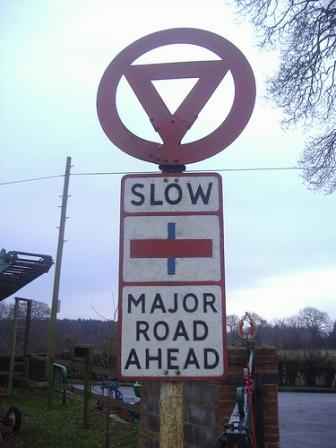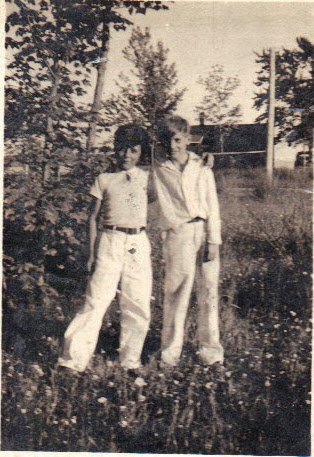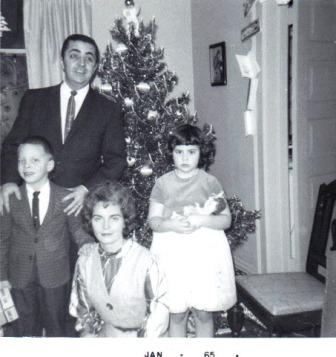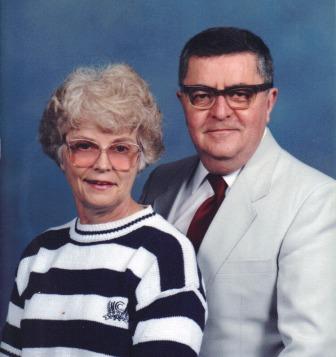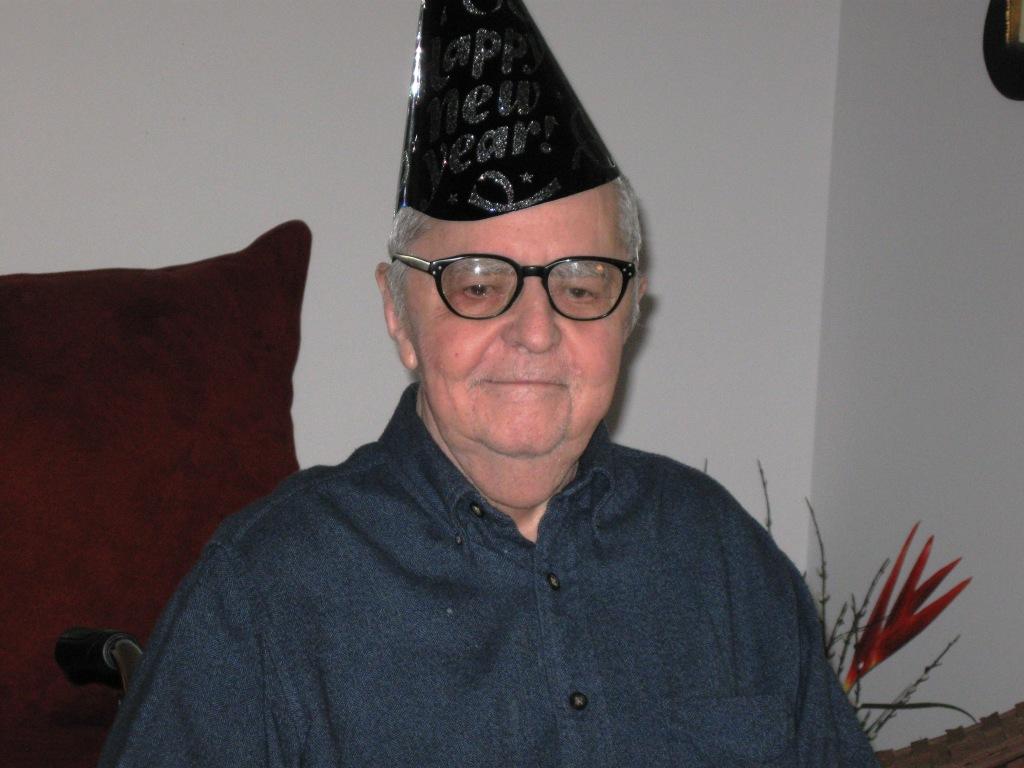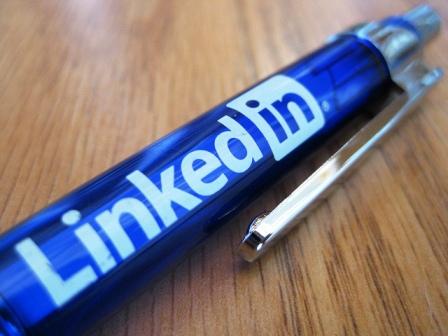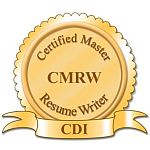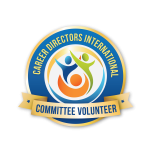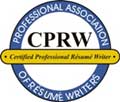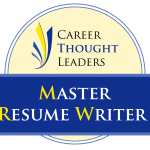Following is a recent LinkedIn exchange I had with a complete stranger. Information has been changed to protect identities (well, except mine):
The initial connection:
Dawn,
I’d like to add you to my professional network on LinkedIn.
– Albert
I’ve gotten over people using the “generic” LI invite. Most people don’t know or think to customize the invite. That said; I wish more people did take the time. It sure is nice when someone lets me know either how they know me or why they’d like to connect.
I looked at his profile, determined him “safe,” accepted the invitation, and took a moment to respond – like I always do. (Just because the original message is generic doesn’t mean I have to operate at that level.)
Thank you for the invitation, Albert. I’m pleased to be added to your network.
Best,
Dawn
The ask:
Within 12 minutes of accepting the invitation, I received this:
Dawn, if you are a recruiter could you help me get a job. I would like to get a career in any field at this point. There were layoffs and hiring freezes in North Carolina.
– Albert
My Reply:
This individual asked for help with his job search, so I obliged. I didn’t pull any punches, in offering suggestions to improve his job search and networking approach. If he’s making these mistakes; someone else is too. Hopefully, we’ll all learn and grow from this example.
Hi Albert –
I am not a recruiter. I am a Master Resume Writer and Career Strategist. Since you’ve asked for assistance, I am going to give you some information to help you navigate a job search in 2012.
1. Recruiters do not find jobs for people. They find people for jobs. Their focus is on company needs. The company pays their salary; not the candidate. If a recruiter does not have an open job order for a position that has need of your unique skill set, there is basically nothing they can do for you. They can put you in their database and hope you pop back up in a search IF they get an order for someone with your skill set. (I know. I am a former recruiter.)
2. “I’ll take anything” is not an effective strategy is this market. It is up to the job seeker to determine company needs, pick through their experience, and convey the value they bring to the organization in relation to company needs. Hiring authorities will not sit and extrapolate value from a laundry list of job duties. It is up to the job seeker to convey their value and project those skills into the desired position. Target. Focus. Differentiation. The three keys to job search success in a difficult market. “If you aim at nothing, you’ll surely hit it.” A resume is not a career autobiography; it is a focused sales and marketing document telling a potential employer what they want to know. They “don’t care” what you’ve done until you can tell them how what you’ve done will benefit them.
3. I live in North Carolina and work nationally, and sometimes internationally. There were (and still are) layoffs and hiring freezes not only here, but everywhere. However, with the correct focus and approach, people land jobs every day. (A bank manager I worked with landed a new and better job, in the middle of the financial meltdown in late 2009, in only six weeks. He focused his search. He networked. He sold his value to potential employers. And he landed a job, in the banking industry, in the middle of the worst part of the recession. He was in NC. There are jobs out there.)
4. This is intended to help, but might come across as harsh. It is not my intent at all. I want you to network effectively and get results. The current approach you’re using won’t do that. I’d also like to suggest to you, if you are going to approach a complete stranger and ask for assistance, put some effort into the request. To be completely honest, my initial reaction to your reply message was “This person can’t even take two seconds to look at my profile and know I’m not a recruiter, but I’m supposed to take my time and help them ‘find a job’? Ya. Right.” Fortunately (or unfortunately *smile*) I overrode that initial reaction and opted to respond.
If you’re going to enlist a network to help, give them specific, well-thought out tasks to assist you. “Help me find a job” does not fit into that category. For instance, instead of approaching me with a “Hey, what do you do? Help me” message, a more effective approach would have been, “I see you’re a resume writer. What one tip would you give a job seeker in this market?” Or, “Do you have a favorite job search tool you recommend?” Or, “Would you be willing to allow me 15 minutes of your time to ask a few pointed questions about job search?” Each of those gives me a specific task that can easily be completed and will probably net better, more tangible results for you.
Don’t ask “Joe” if he can help you find a job. Say, “Joe, I know you have a cousin that works for ABC Company. Would you be willing to arrange an introduction? I’m very interested in working for that organization. I’d like to ask him some questions about the company and what they look for in an employee. Could you do that for me?” Chances are Joe will gladly arrange that introduction. It is specific, “easy”, and tangible. He can do it, and check it off his list. “Help me find a job” is too big a request for the average person to fulfill, and could mean the person starts avoiding you because they don’t know how to help and feel bad about it. Specific, actionable requests net specific, actionable results. A “‘spray and pray’ for anyone to help you find anything requests usually results in frustration.
I write a job search blog and link to lots of effective job search tools through my site. If you are unable to invest in advancing your career by engaging with a career professional to amp up your efforts, then please, take advantage of what I put out there and link to in an effort to help everyone, clients or not, in their search.
I’d be happy to work with you in moving back toward employment. I’ve listed my website below and it’s also linked through my LI profile. Partnering with a career professional is an investment, but held against the cost of unemployment, the investment is minimal, and the ROI 100% if that professional can shorten your search by only a week.
I wish you well in your endeavors, and hope this little bit of guidance will help you better navigate job search waters.
Best regards,
Dawn
‘Nuff said.




